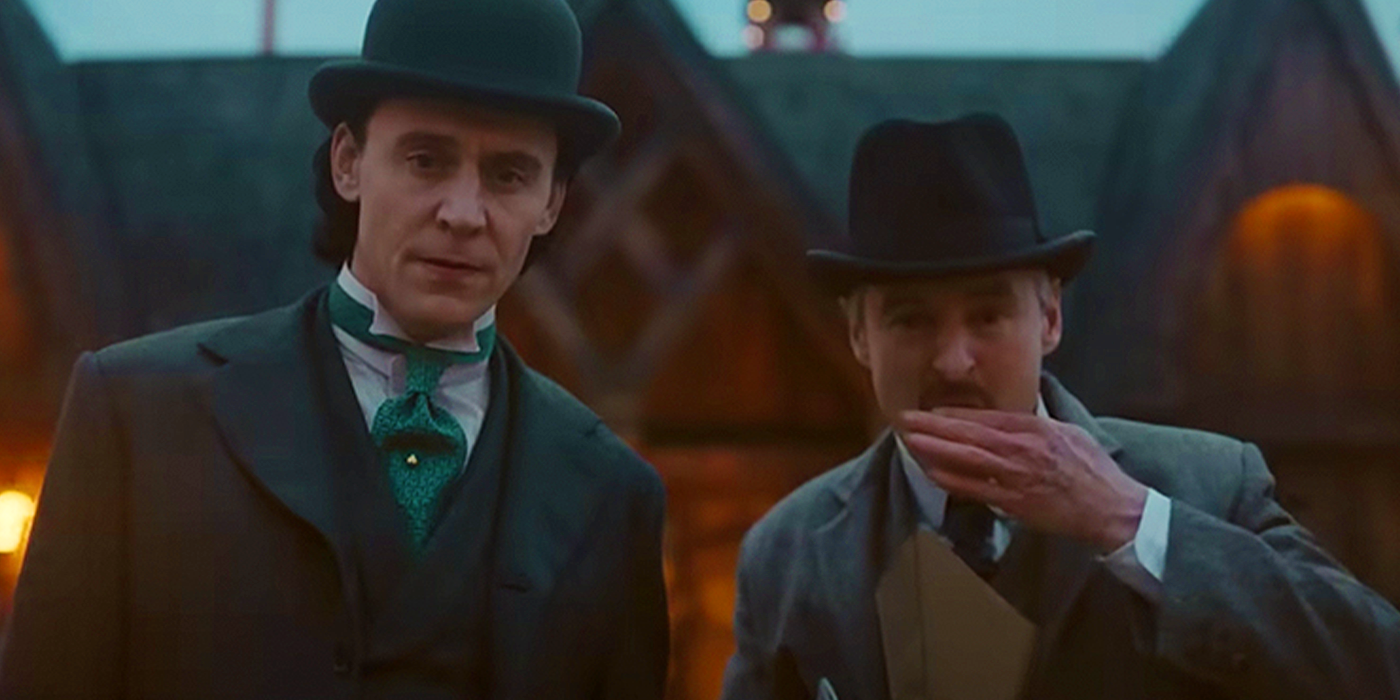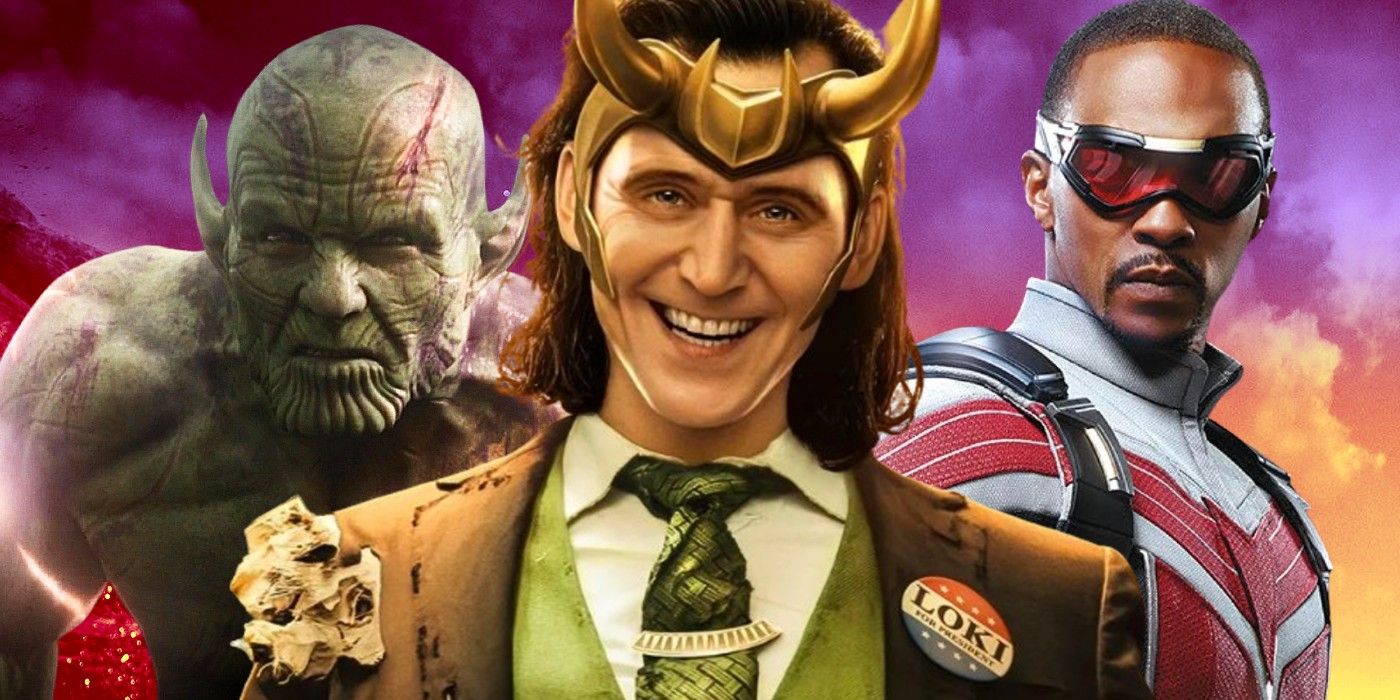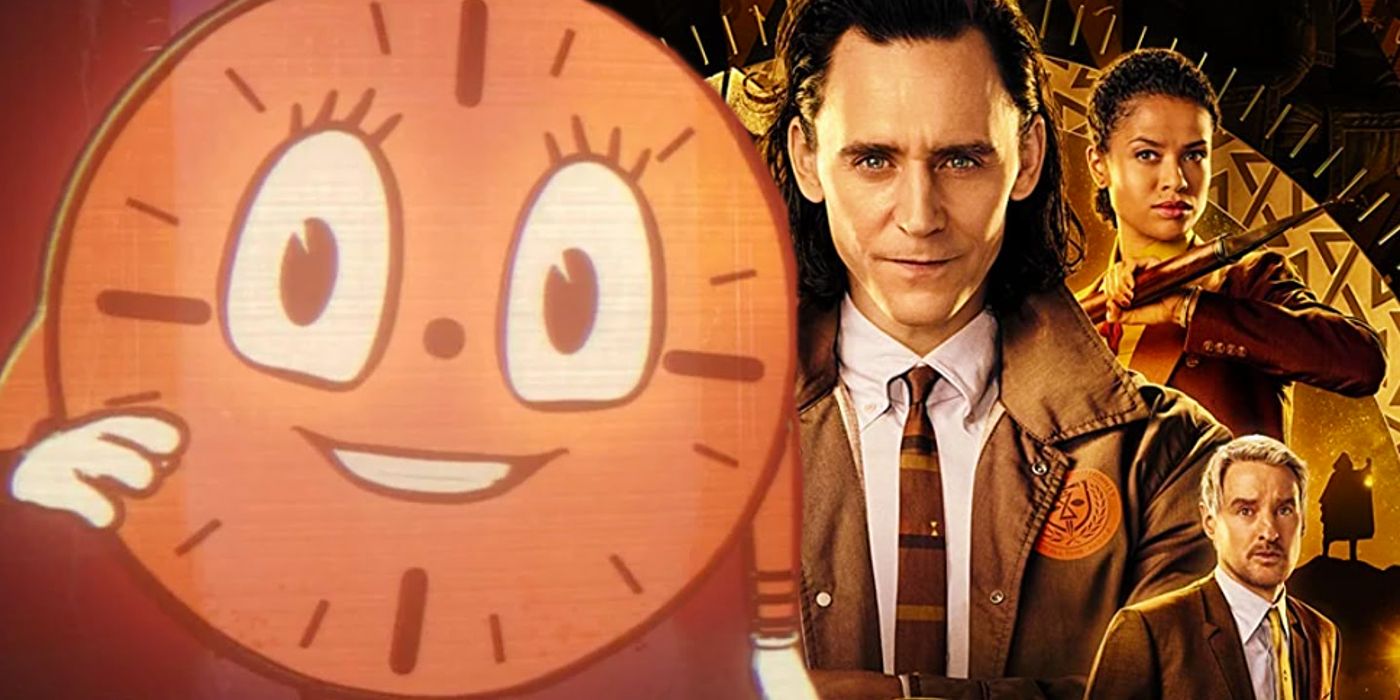
The Promising Roadmap: Loki Season 2 and the Marvel Cinematic Universe's TV Transformation

Loki Season 2 revolutionizes the future of Marvel's TV shows, addressing fan complaints and prompting a much-needed reworking of the MCU's TV division
Summary
Loki season 2's success could provide a blueprint for Marvel's TV overhaul, addressing issues with pacing, storytelling, and production structure.
The show stands out from other Marvel TV productions with its skill in presenting self-contained stories within the larger season arc.
Loki's utilization of physical sets and practical filmmaking techniques showcases a departure from the excessive dependence on CGI, resulting in a more immersive and captivating experience for the audience.
Loki season 2 proves to be more than just an important part of the MCU story. It could serve as the model that Marvel Studios needs for its upcoming TV revamp. Due to issues behind the scenes with other MCU TV projects, the WGA/SAG-AFTRA strikes in 2023 provided Marvel Studios with an opportunity to assess their upcoming shows. According to The Hollywood Reporter, Marvel Studios executives were dissatisfied with the progress of Daredevil: Born Again and other Marvel Disney+ TV shows. This dissatisfaction stemmed from ongoing production problems with projects like She-Hulk, Moon Knight, and Secret Invasion. In response, Marvel Studios decided to completely overhaul their TV production, adopting a more traditional television approach. This involved hiring head writers and showrunners to oversee multi-season shows, as opposed to shorter, six-part events. Interestingly, this decision was made shortly after the release of the highly acclaimed debut episode of Loki season 2. It seems that Loki could serve as the perfect guide for Marvel Studios to create a better future for their small screen endeavors.
Loki Season 2 Is Addressing Several MCU TV Show Complaints
Marvel Studios has faced challenges with its TV productions in recent years, but Loki has emerged as a standout success. While most MCU Disney+ shows have received positive reviews, there have been common criticisms related to the TV medium, such as the six-episode structure feeling more like stretched-out movies and the frequent changes in production staff. Some criticisms of Marvel's TV shows also extend to their feature films, including an over-reliance on CGI and weak storytelling. However, Loki has managed to evade many of these issues, making it one of the highest-rated Marvel TV shows. Therefore, Marvel could look to the structure of Loki's seasons 1 and 2 as a model for future productions.
Loki season 2 exhibits improved pacing compared to recent Marvel shows. Each episode tells its own distinct story while still contributing to the overall plot of the season. Different sets, plot points, characters, and elements set each episode apart, creating a show-like experience rather than a lengthy movie. In contrast to She-Hulk and Secret Invasion, Loki successfully combines self-contained aspects with a significant connection to the MCU.
Addressing a common complaint within the MCU TV universe, Loki tackles the "fix it in post" approach. Unlike other Marvel shows, which rely heavily on post-production alterations and CGI enhancements, Loki adopts a more traditional approach. The team involved in the series opted for tangible sets, allowing for authentic filmmaking, which has been lacking in recent MCU shows and films. This decision resulted in a less demanding, less stressful post-production process.
In a recent interview with The Hollywood Reporter, Loki director Kasra Farahani discussed how the show set itself apart from typical Marvel post-production issues. According to the interview, there was a greater emphasis on incorporating physical, tangible sets into the production design. This shift away from relying solely on CGI environments was seen as a positive change that would enhance the connection between the projects and their audiences.
Why The MCU Is Reworking Its TV Show Division
Every single aspect that Loki season 2 executes successfully demonstrates the seamless integration of a TV show into the MCU. It is not a mere coincidence that Loki stands as the first series to be renewed for a second season, benefitting from a more conventional television framework. These elements, in combination with exceptional writing, captivating characters, and a consistent tone devoid of jarring shifts, establish Loki as a potential blueprint for Marvel's forthcoming TV revamp.
As previously mentioned, the MCU's TV division has faced numerous challenges, prompting the need for a restructuring. Early on in the development of Moon Knight, there were creative differences that led to the original creator, writer, and director Jeremy Slater stepping down from the project. He was subsequently replaced by Mohamed Diab. A similar situation arose with She-Hulk, where director Kat Coiro joined the production, somewhat sidelining the show's creator and writer Jessica Gao.
Secret Invasion, without a doubt, was the messiest TV production in the MCU. Kyle Bradstreet was originally brought on board to write the show and had been working on it for approximately a year. However, Marvel made a sudden decision to change the direction of the show and replaced Bradstreet with Bryan Tucker. As a result, tensions arose within Secret Invasion's team, leading to the replacement of several producers, unit production managers, and assistant directors. This incident highlights the TV shortcomings of Marvel, which may also be relevant to future projects. However, amidst the chaos, Loki stands out as a shining example that Marvel Studios can learn from in their future endeavors.




















